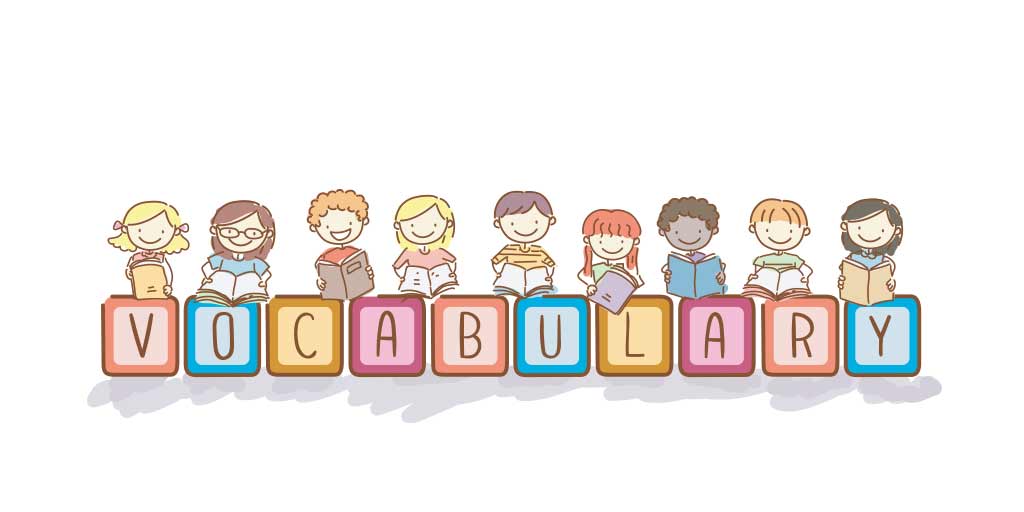How does assessment data impact student learning?
Data has always played a critical role in making good decisions in commerce and in the health sector, but education has lagged behind a bit.

Login | Support | Contact us
Suzanne Crocker : Jun 12, 2020 1:51:00 PM
3 min read

There is so much data available in schools that it can be overwhelming; whole school, cohort, comparisons within a cohort, historical comparisons, subject, class, individual student, teacher-generated. So if you want the data to make a real impact on student achievement, where do you start?
It’s important to remember that data is inert, it does not make judgements.
The person analysing the data makes the judgements, or better still uses the data to ask questions.
Using multiple data sources is important to make any questions valid. However, having too many different pieces of information can confuse – therefore, management of the data is key.
“Data has the potential to transform education from a model of mass production to a personalized experience that meets the needs of individuals and ensures that no student is lost along the way!”
DQC, Data Quality Campaign April 2016.
Data goes out of date, so regular reporting is important. Many schools report every half term (6 times a year) or every term (3 times a year).
Data is just data, it is neither friend nor foe.
To use data really successfully, you need a good quality whole school data system with effective management.
This includes good quality data generation and reporting, appropriate data for each audience in a suitable format and on-going training on how to interpret the data with a clear vision on what the data is used for.
Read our case studies to find out how Cambridge Insight data can help you.
Book now for the Cambridge Assessment 2020 sessions of the A101: Introducing the Principles of Assessment and A102: Introducing Assessment Practice online courses.
Suzanne Crocker has worked for 4 years at Cambridge Assessment working with international syllabuses from Primary to Upper Secondary. Prior to that, she spent 13 years teaching in Secondary schools, and has subject expertise in languages, Leisure and Tourism and Business Studies.
Suzanne’s key area of management expertise is whole school data and progression tracking, and using data to identify and support underachieving pupils, as well as designing intervention strategies to improve outcomes.

Data has always played a critical role in making good decisions in commerce and in the health sector, but education has lagged behind a bit.

In education, translating evidence into practice is a process which involves everyone, from classroom-based teachers, to school leadership teams,...

There’s plenty to cry ‘unfair’ about in teaching right now. Your classes are getting bigger; there was no money for decent CPD again this year; and...